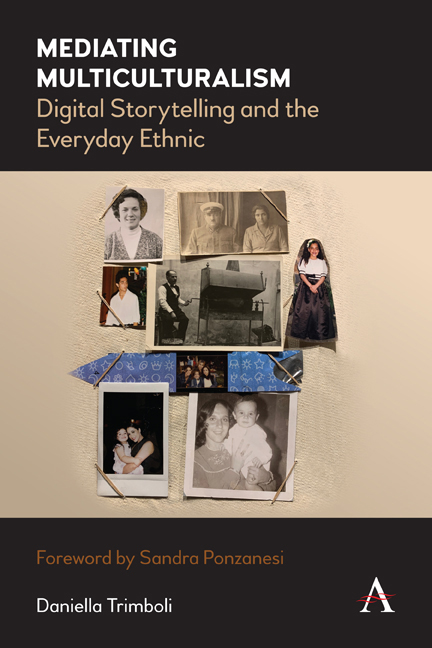Introduction: Multiculturalism as a Crisis of Contradiction
Published online by Cambridge University Press: 21 August 2020
Summary
The twenty-first century has been a time of unprecedented migration and intensified global mobility, two compounding phenomena enabling cultural plurality to become a commonplace feature of contemporary societies. Jarringly, the dominant and previously most-utilised governmental framework for managing culturally diverse communities, namely, multiculturalism, has suffered a serious decline in popularity. As Andrew M. Robinson (2011, p. 29) succinctly noted on the topic of multiculturalism in 2011: ‘The last decade hasn't been kind to multiculturalism.’ Indeed, since the turn of the century, multiculturalism has not just been ‘losing ground’ (p. 11) but has frequently been posited as a past societal mode – declared ‘inadequate’, ‘failed’ or simply ‘dead’. These reactions have circulated in both the domains of public rhetoric and scholarly endeavours, most frequently in locations long-attached to multiculturalism, notably Canada, Australia, the Netherlands and the United Kingdom, but also in the United States and other Western European countries (see Vertovec and Wessendorf 2010).
In this book, I argue that the continued discussion about the success or otherwise of multiculturalism registers the topic as alive as ever, albeit in a mode of crisis. It is not so much that multiculturalism has become irrelevant; rather that the framework through which its relevance has been conventionally understood is not malleable enough to capture the shifting and increasingly contradictory nature of contemporary cultural difference. Since the inception of multiculturalism in Canada in the 1970s, and its subsequent adoption in other countries such as Australia, the ways in which people move and engage with one another have become increasingly hybrid. At the same time, issues that multiculturalism promised to solve/ tensions it hoped to alleviate continue to recirculate – racism, inter-and intra-community conflicts, institutionalised discrimination, to list a few. One need only glance at race riots in Cronulla, Australia, the Black Lives Matter movements in the United States and the rise of white nationalist parties in the United Kingdom and Western Europe for cursory evidence.
The sense that multiculturalism has failed has been attributed to many factors. For some, the identity focus of theoretical multiculturalism has been inadequate to address the complexity of lived cultural difference, while the political aspects (programmes and policies) have failed to service this complexity adequately. As Australia and comparable colonial nations enter an era of ‘evolving hyper-diversity’, whereby diversity itself is diversifying (Ang et al. 2002; Noble 2009, p. 47), these inadequacies become increasingly evident.
- Type
- Chapter
- Information
- Mediating MulticulturalismDigital Storytelling and the Everyday Ethnic, pp. 1 - 10Publisher: Anthem PressPrint publication year: 2020

